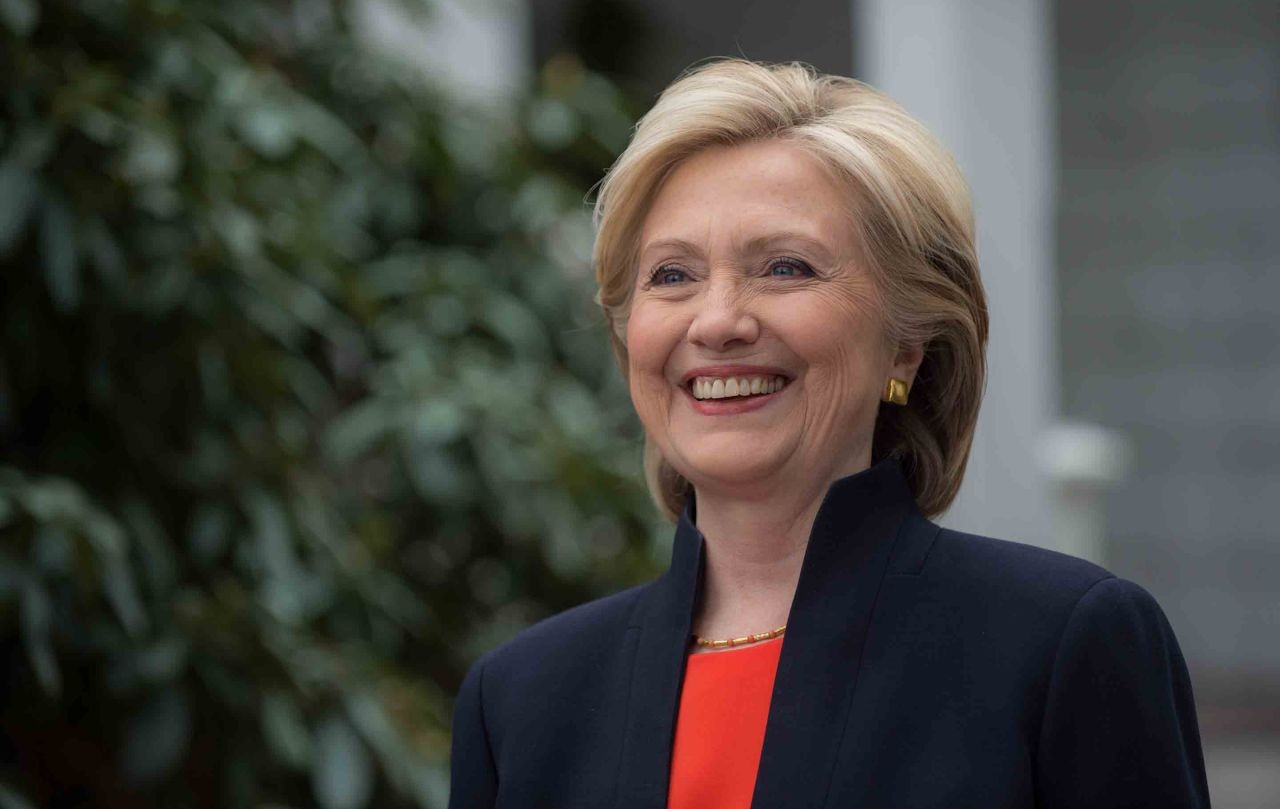After a Saturday that saw two different nominating contests, it seems as though both the Democratic and Republican races are beginning to consolidate. Campaigners knew that the recent Nevada caucus for the Democrats and South Carolina primary for the Republicans were crucial indicators of momentum as they head towards the most important day of primary season so far, Super Tuesday, on March 1. First let’s delve into the ramifications of Secretary Clinton’s win in Nevada, and then focus on the continued dominance of Donald Trump in South Carolina.
According to the New York Times, Hillary Clinton defeated Senator Bernie Sanders in the Nevada caucus by a margin of 52.6% to 47.3%. Clinton needed a victory here in a state that has a much larger minority presence than in the previous two primary states of Iowa and New Hampshire. Sanders was riding a wave of national coverage and momentum after a resounding 22-point win in the New Hampshire primary, but he was unable to chip into Clinton’s dominance with black voters and voters around the Las Vegas area. After that embarrassing loss in New Hampshire, a state where she defeated Barack Obama in 2008, Clinton needed a win and she got it. Sander’s has a silver lining in the fact that the Hispanic vote seemed to be split almost 50-50 as he attempts to make inroads with minority voters. However, Clinton seems primed to rack up a big margin of victory and many more delegates when South Carolina holds its Democratic primary this Saturday, February 27.
The trouble for Sanders now is one of delegate math. Clinton seems likely to sweep the large majority of states that vote on Super Tuesday. Many of them are Southern, like Texas, Alabama, and Virginia, and many have large African-American populations that make up a majority of the Democratic primary electorate in many states. Ultimately, the status quo of the Democratic landscape post-Nevada favors Clinton, so unless Sanders pulls off an unlikely upset come Super Tuesday, it seems likely he will fall too far behind Clinton to catch up.
South Carolina also held a nominating contest last Saturday, this time a Republican one. Donald Trump came in first with 32.5% of the votes, followed by Senator Marco Rubio with 22.5%, Senator Ted Cruz with 22.3%, former Governor Jeb Bush with 7.8%, Governor John Kasich with 7.6%, and Dr. Ben Carson with 7.2%. Trump’s first place finish was not as large as his 20-point win in New Hampshire, but was decisive nonetheless as he swept all 50 delegates at stake. The biggest news of the night was Jeb Bush’s announcement that he was suspending his campaign after a disappointing performance. Jeb had called in campaign reinforcements to South Carolina in the form of his brother, former President George W. Bush, and his mother, former First Lady Barbara Bush, but they were unsuccessful in convincing South Carolina voters. After a very disappointing fifth place finish in New Hampshire, Marco Rubio rebounded to second place, buoyed by endorsements from popular in-state figures like Governor Nikki Haley and Senator Tim Scott. Rubio will also likely experience a boost from former-Bush supporters who need to find a new candidate, especially after an uninspiring performance by the other remaining moderate-leaning candidate in the race, John Kasich.
The Republican race now revolves around three candidates: Trump, Rubio, and Cruz. Ben Carson’s uninspiring campaign seems near its end, and unless John Kasich can make a more serious statement on Super Tuesday in more moderate states that will be voting like Massachusetts, he may be finished too. The Iowa caucus winner Ted Cruz has a numbers problem as well. He has been running as a hero of evangelical, Christian conservatism, but Trump beat him by double-digits in South Carolina which is over 70% evangelical or born-again Christian (among Republican primary voters). If Cruz cannot win in Texas or the other conservative, Southern, evangelical-heavy states that vote on Super Tuesday, where else can he win? Nevada Republicans hold their caucus on Tuesday, February 23. Trump has solidified himself as the frontrunner after South Carolina, and he seems headed for a victory in Nevada.
Connecticut holds its presidential primaries on April 26, but if Clinton and Trump both have strong Super Tuesday performances, both races may be set in stone long before then.

